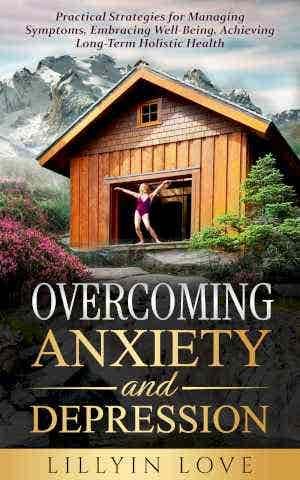RELEASE DATE: Feb. 18, 2020
A very welcome instance of philosophy that can help readers live a good life.
A teacher and scholar of Buddhism offers a formally varied account of the available rewards of solitude.
“As Mother Ayahuasca takes me in her arms, I realize that last night I vomited up my attachment to Buddhism. In passing out, I died. In coming to, I was, so to speak, reborn. I no longer have to fight these battles, I repeat to myself. I am no longer a combatant in the dharma wars. It feels as if the course of my life has shifted onto another vector, like a train shunted off its familiar track onto a new trajectory.” Readers of Batchelor’s previous books (Secular Buddhism: Imagining the Dharma in an Uncertain World, 2017, etc.) will recognize in this passage the culmination of his decadeslong shift away from the religious commitments of Buddhism toward an ecumenical and homegrown philosophy of life. Writing in a variety of modes—memoir, history, collage, essay, biography, and meditation instruction—the author doesn’t argue for his approach to solitude as much as offer it for contemplation. Essentially, Batchelor implies that if you read what Buddha said here and what Montaigne said there, and if you consider something the author has noticed, and if you reflect on your own experience, you have the possibility to improve the quality of your life. For introspective readers, it’s easy to hear in this approach a direct response to Pascal’s claim that “all of humanity’s problems stem from man’s inability to sit quietly in a room alone.” Batchelor wants to relieve us of this inability by offering his example of how to do just that. “Solitude is an art. Mental training is needed to refine and stabilize it,” he writes. “When you practice solitude, you dedicate yourself to the care of the soul.” Whatever a soul is, the author goes a long way toward soothing it.
A very welcome instance of philosophy that can help readers live a good life.

